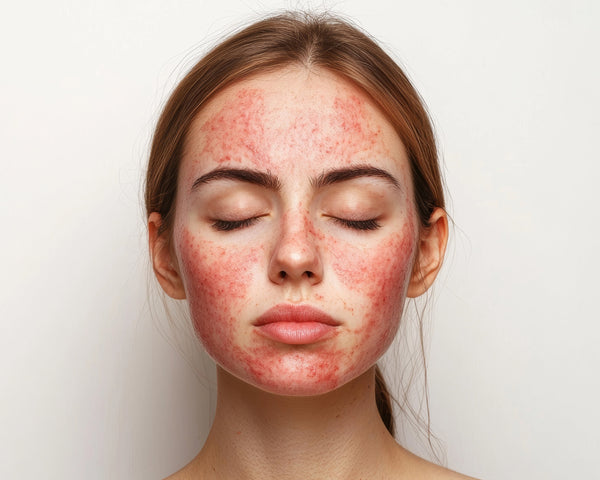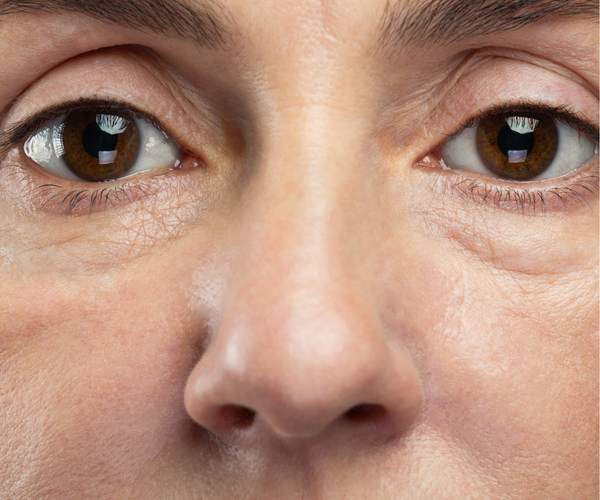What is Sunscreen and Why it is Essential for Healthy Skin

What is Sunscreen?
Sunscreen, also known as sunblock, is a topical product designed to protect your skin from the harmful effects of the sun's ultraviolet (UV) radiation. This radiation is the primary culprit behind sunburns, premature aging, and an increased risk of skin cancer. Understanding what sunscreen is and how it works is crucial for maintaining healthy skin.
How Does Sunscreen Work?
Sunscreens work by either absorbing, reflecting, or scattering UV rays. They contain specific ingredients that create a protective barrier on your skin. Two main types of UV rays are blocked by sunscreen:
- UVA rays: These rays penetrate deeper into the skin, contributing to aging spots, wrinkles, and sun spots, as well as skin cancer. They are present even on cloudy days.
- UVB rays: These rays primarily cause sunburn, but also contribute to skin cancer and premature aging.
Many sunscreens offer broad-spectrum protection, meaning they shield against both UVA and UVB rays. Look for this label on the product packaging. The level of protection is indicated by the SPF (Sun Protection Factor) number. An SPF 30 sunscreen, for example, blocks approximately 97% of UVB rays.
The Importance of Sunscreen in Your Skincare Routine
Incorporating sunscreen into your daily skincare routine is non-negotiable for healthy skin. Regardless of your skin tone or the weather, consistent sunscreen use significantly reduces your risk of sun damage. The benefits extend beyond simply preventing sunburn; regular application helps fight:
- Premature Aging: UV rays break down collagen and elastin, leading to wrinkles, fine lines, and age spots. Sunscreen helps slow this process, keeping your skin looking younger for longer.
- Sun Spots and Aging Spots (Hyperpigmentation): These dark spots are a direct result of sun exposure. Sunscreen helps prevent their formation and can even lighten existing spots over time.
- Skin Cancer: Skin cancer is a serious concern, and prolonged sun exposure is a major risk factor. Sunscreen significantly lowers your risk of developing various types of skin cancer.
Choosing the Right Sunscreen
With a wide variety of sunscreens available, selecting the right one for your skin type is important. Consider these factors:
- SPF: Aim for an SPF of 30 or higher for daily use.
- Broad-spectrum protection: This ensures protection against both UVA and UVB rays.
- Skin type: Choose a formula appropriate for your skin—sensitive skin might require a fragrance-free, hypoallergenic option, while oily skin might prefer a lightweight, non-comedogenic formula.
- Ingredients: Check the ingredients list to ensure the sunscreen doesn't contain any ingredients that irritate your skin.
Applying Sunscreen Correctly
Applying sunscreen correctly is just as crucial as choosing the right product. Follow these guidelines:
- Apply liberally: Use enough sunscreen to cover all exposed skin.
- Reapply often: Reapply every two hours, or more frequently if swimming or sweating.
- Apply before sun exposure: Give your sunscreen 15-20 minutes to absorb into your skin before going outside.
Conclusion
Sunscreen is a cornerstone of any effective skincare routine. Protecting your skin from the damaging effects of UV radiation is essential for maintaining healthy, youthful-looking skin and reducing your risk of skin cancer. By understanding what sunscreen is, choosing the right product, and applying it correctly, you can significantly improve your skin's health and well-being. Remember to consult a dermatologist for personalized advice on sun protection if needed.




